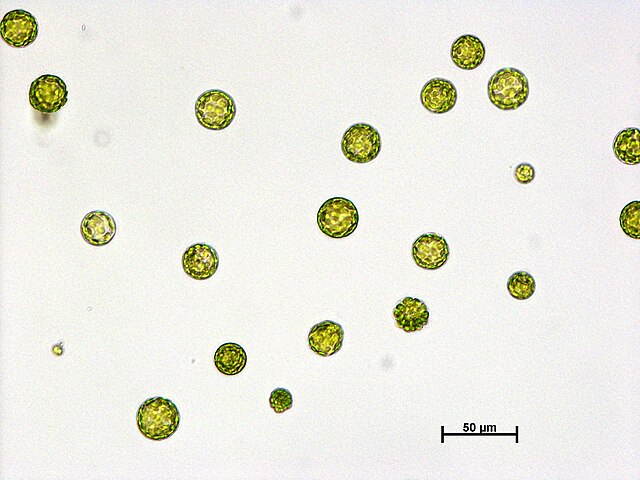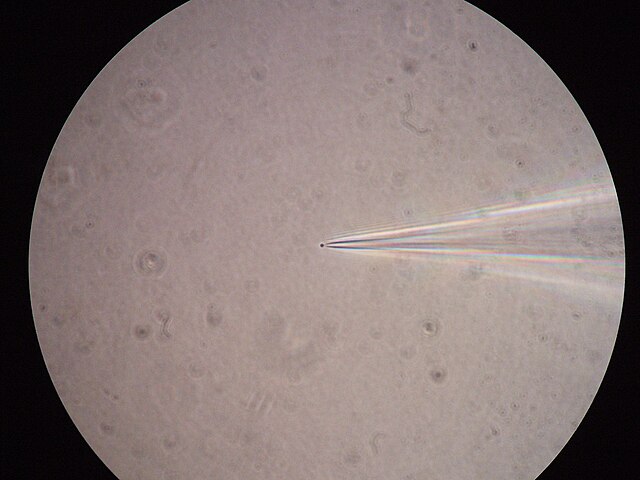Infinite photos and videos for every Wiki article ·
Find something interesting to watch in seconds
Countries of the World
Celebrities
British Monarchs
Supercars
Rare Coins
Animals
Tallest Buildings
Wars and Battles
Wonders of Nature
Sports
Largest Palaces
Largest Empires
Richest US Counties
World Banknotes
Crown Jewels
Great Artists
Famous Castles
Best Campuses
Recovered Treasures
Ancient Marvels
History by Country
Kings of France
Great Cities
Orders and Medals
Great Museums
Presidents
more top lists




